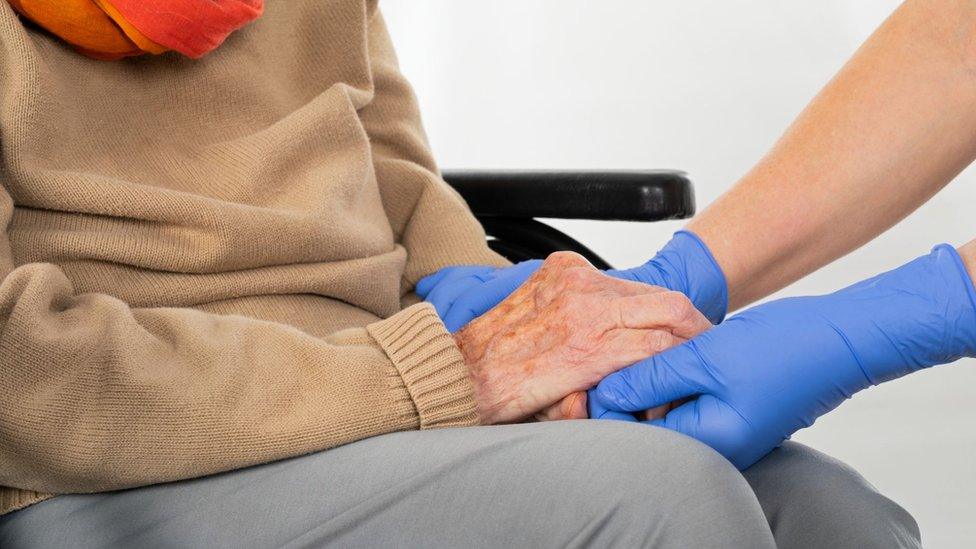Coronavirus: Contact tracing pilot to start in NI next week
- Published
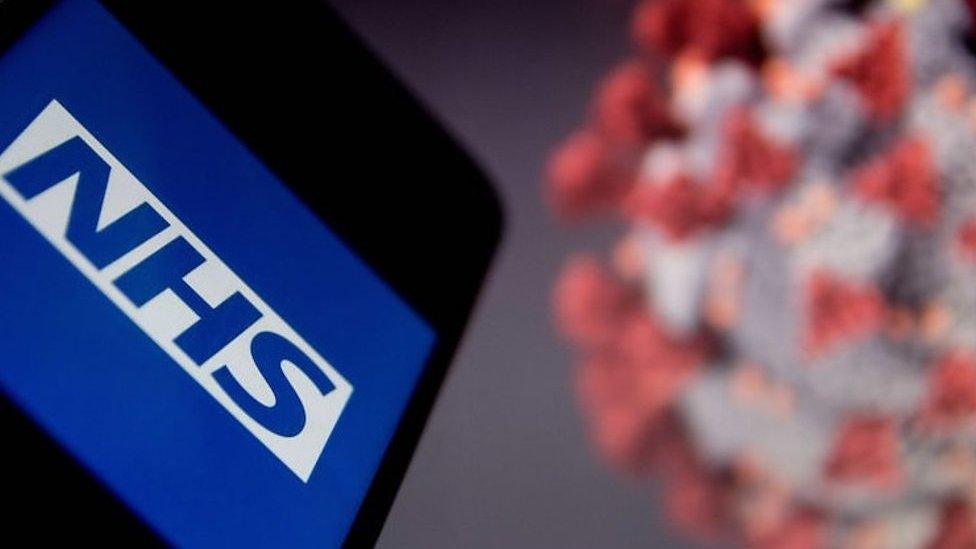
An enhanced contact tracing programme for Covid-19 will start in Northern Ireland next week, the chief medical officer has said.
Contact tracing in the UK largely stopped on 12 March, as the government moved into a different stage of its response to the virus.
However Dr Michael McBride said contact tracing plans in NI were now "active".
First Minister Arlene Foster backed the move, saying tracing was a key component for ending the lockdown.
"We need to test, we need to trace and we need to track where the disease is, because we are coming out of the peak," she told The View programme on Thursday night.
"What we are moving now to is more of a surveillance issue so that we know what the virus is doing in the community.
"If we want to come out of that lockdown, one of the key elements of that is to make sure that we have the testing and tracing in place to be able to do that."
More hospital discharges
On Thursday afternoon, it was confirmed that 13 more people had died in Northern Ireland with Covid-19.
It brings the total deaths in Northern Ireland to 263, while the total number of confirmed cases is 3,016.
New figures released by the Department of Health show that there are 37 people in intensive care with Covid-19, while 56 intensive care beds are available, an increase of 16 from Wednesday.
There have been 58 coronavirus outbreaks in care homes, the new figures reveal - up one from Wednesday.
The department figures also show that 2,765 people with suspected or confirmed cases have been discharged from hospital since the outbreak began - an increase of more than 200 since Wednesday.
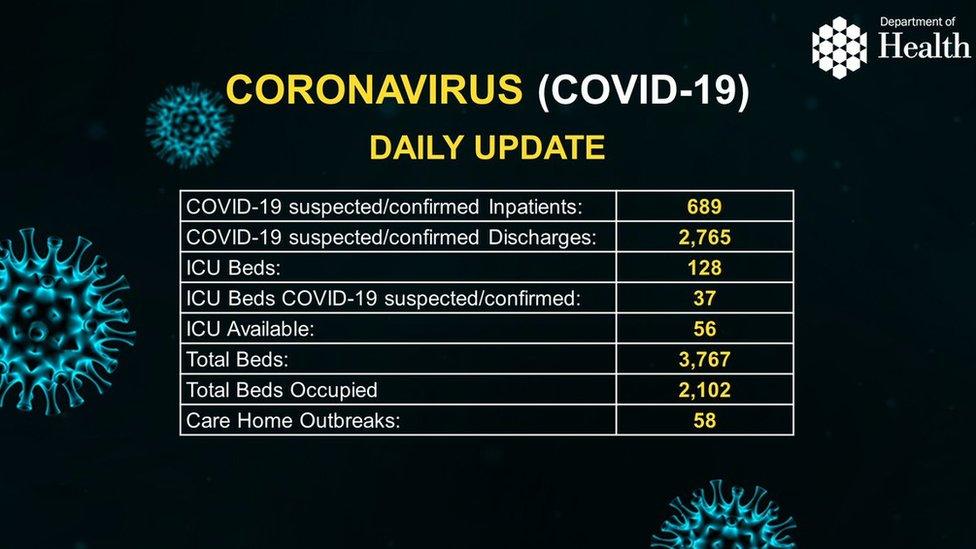
Speaking earlier, Dr Michael McBride said he estimated 300 to 600 staff would be needed as part of the contact tracing scheme.
Contact tracing aims to identify and alert people who have come into contact with a person infected with coronavirus.
Dr McBride was appearing before Stormont's health committee on Thursday with the Health Minister Robin Swann and was asked what plans were in place to begin contact tracing again in NI.
He said from Monday, a pilot will begin that will then extend to a four-week training programme, meaning the service is ready to use on a wider basis as required.
Dr McBride said more than 400 offers to work on the programme had already been made, and that staff involved would include environmental health officers, as well as nursing and medical students who could be retrained.
"I am confident we will have the numbers to carry out contact tracing," he added.
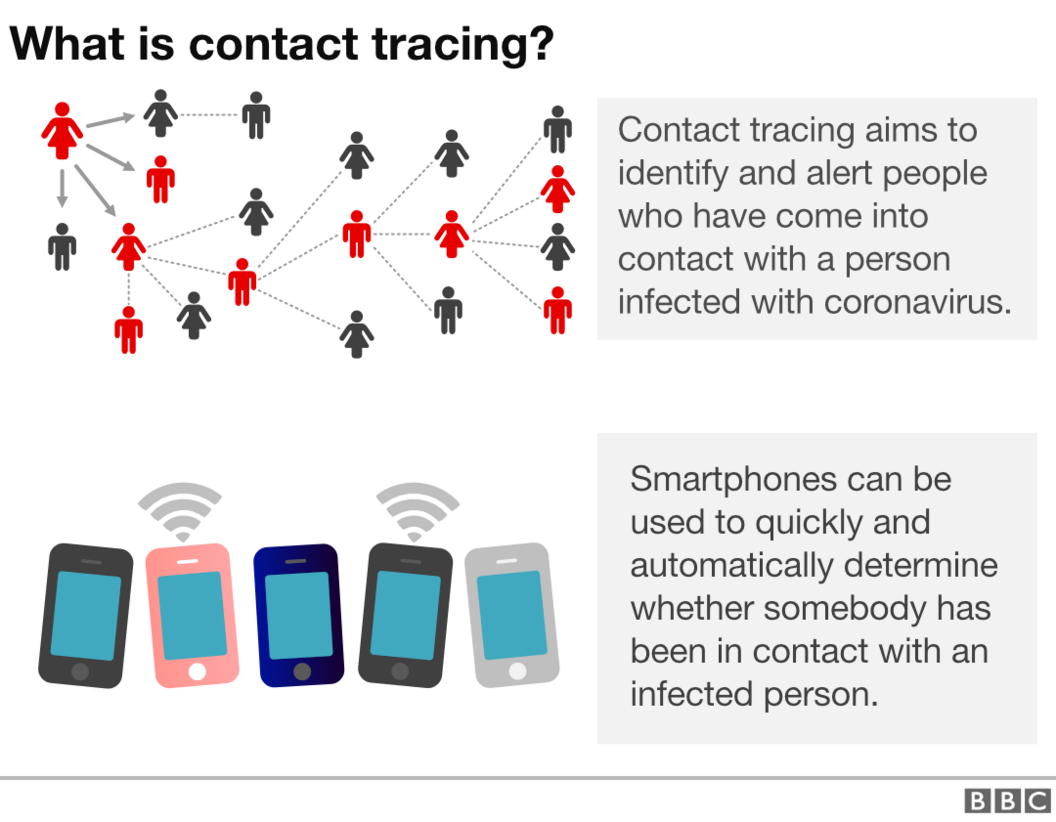
He also said his officials would be working alongside colleagues in England and in the Republic of Ireland using similar digital platforms to share information and enhance tracing.
The UK has confirmed plans for an app that will warn users if they have recently been in close proximity to someone suspected to be infected with the coronavirus.
Earlier, Dr McBride had told the committee contact tracing had stopped in NI on 12 March guided by "sound public health considerations".
He was accused of acting too slowly by Sinn Féin's Pat Sheehan, but the chief medical officer said the department's contact tracing plans were "active" and would increase in line with intelligence being provided by surveillance programmes at GP clinics and hospitals.
'Testing capacity has risen'
The Health Minister Robin Swann said testing for Covid-19 would also increase as "rapidly as possible".
He said that by Wednesday, 16,378 individuals in Northern Ireland had been tested for the virus and that capacity for testing had risen to 1,700 tests per day.
The testing programme is being expanded to include frontline workers in the private sector who are delivering key medical, utility and food supplies, he added.
However, he warned that it is "too early" to confirm whether the current figures of Covid-19 deaths and cases in Northern Ireland represents the peak of the virus.
He said Northern Ireland appeared to be around the peak and said he wished he could provide certainty to people.
"In the absence of a vaccine we'll have to prepare for a further potential second wave of Covid-19 cases later in the year," he told the health committee.
"While there are grounds for hope that the outbreak can be brought under control, it has not reached point where some of the measures can be relaxed."
He added that Dr McBride had held discussions with his counterpart in the Republic of Ireland, Dr Tony Holohan about the latest modelling figures and that he would provide a further update to the executive on Friday.

A SIMPLE GUIDE: How do I protect myself?
AVOIDING CONTACT: The rules on self-isolation and exercise
WHAT WE DON'T KNOW How to understand the death toll
TESTING: Can I get tested for coronavirus?
LOOK-UP TOOL: Check cases in your area

- Published20 April 2020
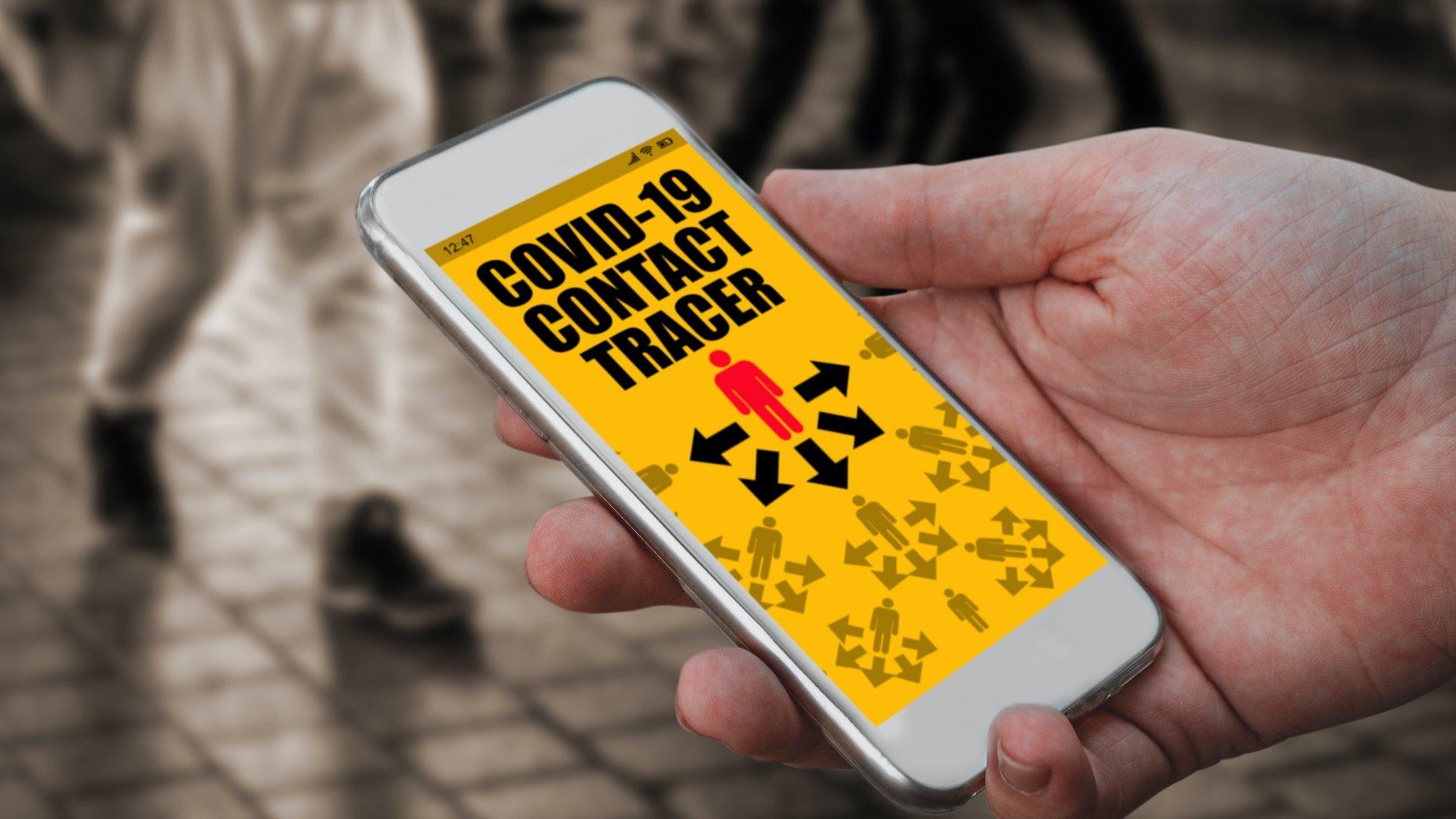
- Published16 April 2020
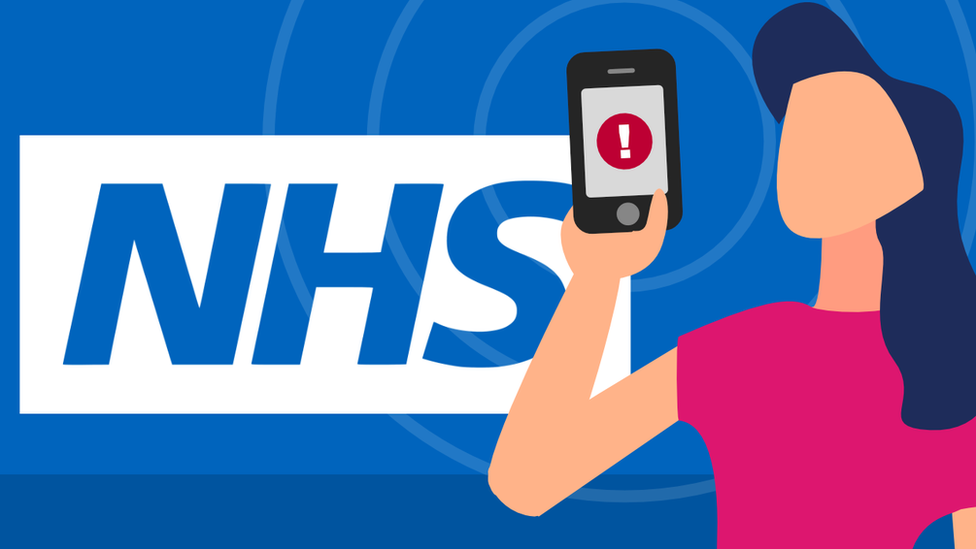
- Published22 April 2020
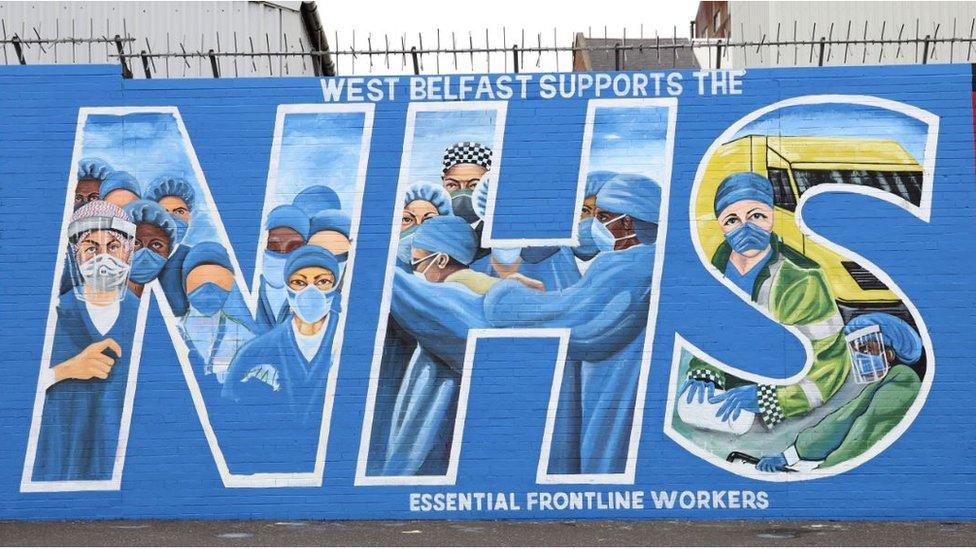
- Published21 April 2020
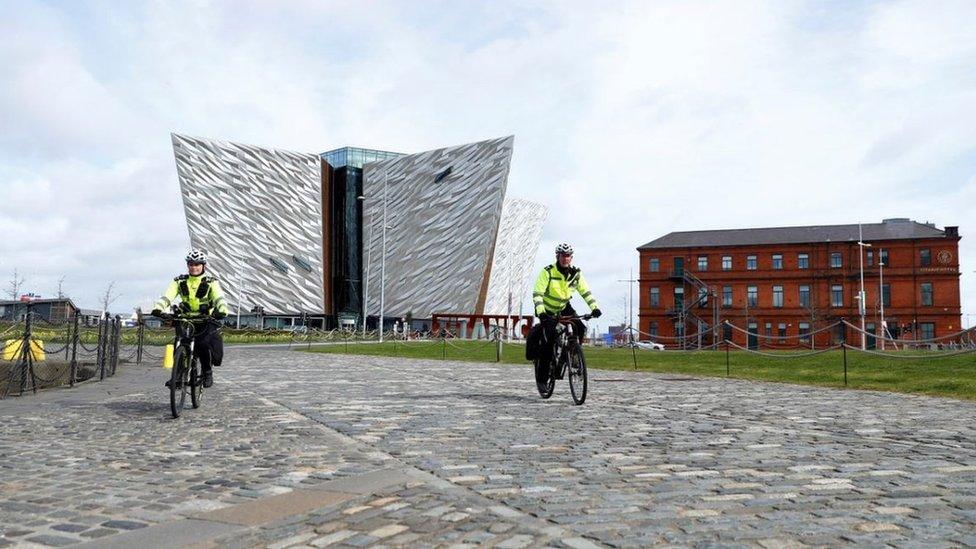
- Published15 April 2020
